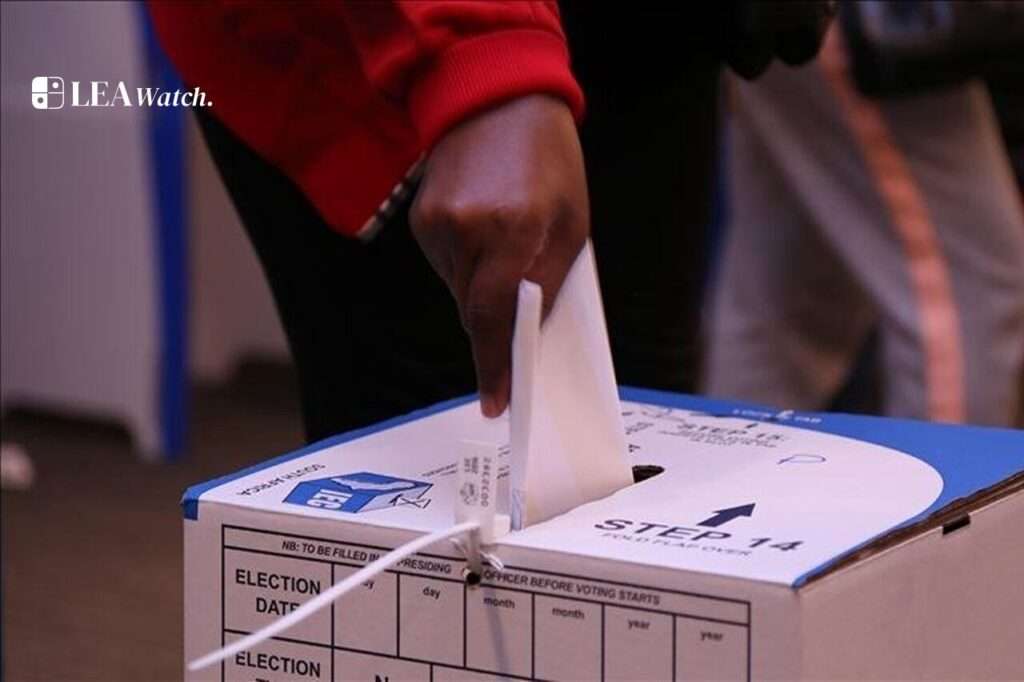Malawi’s general elections today(16.09.25) mark a pivotal moment for the nation’s democracy, with direct implications for regional stability, economic reform, and its rise as a strategic player in global supply chains.
Malawi’s 2025 Elections: Challenges and Significance
On September 16, Malawians vote for their next president, Members of Parliament, and local officials under intense regional and international scrutiny. The race features President Lazarus Chakwera and 16 rivals, all vying amid heightened concerns over fair competition, political violence, and deepening economic hardship. Key civil society actors have demanded transparency and the integrity of the electoral commission, with the Southern African Development Community and EU deploying observation missions to safeguard peaceful and credible elections.
Voter anxiety reflects real challenges: inflation, food shortages, and a deteriorating currency have pushed millions into poverty, amplifying calls for reform and responsible leadership. The outcome will determine Malawi’s ability to maintain democratic gains, attract international support, and drive sustainable development in a region often marked by instability.
Geopolitical Opportunities and Challenges
Malawi is emerging as a vital supplier of critical minerals like rare earths, uranium, and niobium—resources essential for renewable energy, digital technologies, and the global energy transition. Projects such as the Kayelekera uranium mine (slated to restart by late 2025) and the Kangankunde rare earth deposit have the potential to transform Malawi’s economy, attract global investors, and position the nation as a strategic alternative to supply chains dominated by China and Brazil. These minerals can spur infrastructure upgrades, job creation, and value-added exports, provided governance reforms and environmental safeguards are enforced.
Yet Malawi faces serious structural hurdles: limited transport links, unreliable electricity, and regulatory capacity gaps threaten to slow growth and undermine investor confidence. Regional integration—developing transport corridors, harmonizing mining policies, and sharing technical expertise—offers a path to overcoming geographic and economic constraints. The nation’s willingness to cooperate in peacekeeping and confront shared regional challenges also strengthens its diplomatic standing within the African Union and SADC.
Malawi’s 2025 elections thus carry weight beyond national borders, impacting its potential as a model of democratic resilience and a future linchpin of Africa’s resource-driven development.

